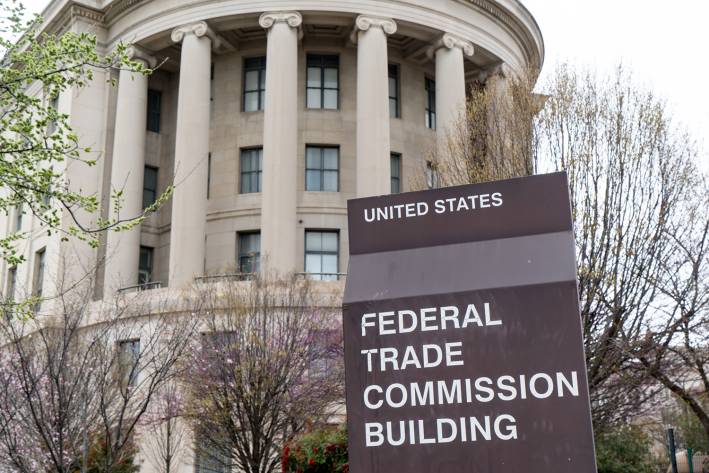Are you aware of the new FTC guidelines on how natural products companies are allowed to make consumers aware of what they're buying? Over the last couple of decades, things have changed quite a bit, and some of the new guidelines make it more difficult for us to play a role in our own health. I am concerned about what is going on, and how it may impact the natural products industry.
I just finished signing Free My Health’s open letter to the The Federal Trade Commission (FTC).
The FTC's Guidelines
The FTC, in conjunction with the FDA, recently issued guidance that a supplement company have multiple human randomized controlled trials (RCTs) for all “health-related” claims, and on complete products, rather than individual ingredients. Sounds like that could be a good thing, until you look closely.
The FTC Act requires advertising be truthful and not misleading, which protects consumers, something everyone can get behind.
Yet, this new direction seems to be more about protecting big pharmaceutical companies than consumers.
Effects of the Proposal
A lot of the guidelines have to do with making claims. The FTC wants to make sure we, as consumers, are not getting scammed. I like this idea, if only that was the outcome. Here is an example of how it might go into effect.
Say you want to buy a tea that promotes healthy sleep. The box can't tell you anymore that it's for sleep. It can only list ingredients unless that brand has paid to conduct human RCTs on that product. The company can't even reference established studies on ingredients. They need specific studies done on their specific product.
The revised FTC policy of what constitutes competent and reliable scientific evidence would mean supplement formulators could not rely on published science, would not be able to sell products without cost-prohibitive clinical testing (which might result in dietary supplements and medicinal herbs becoming as expensive as today’s pharmaceuticals), and any change to a formula would require starting over from scratch.
The FTC’s mission, as stated on its website, is “to prevent business practices that are anticompetitive . . . to enhance informed consumer choice . . . and to accomplish this without unduly burdening legitimate business activity.”
It seems to me that the new direction misses the mark.
I’m in agreement with the Council for Responsible Nutrition’s 2023 petition to the FTC in which it states that “The FTC’s new guidance discourages the dissemination of truthful nutrition information because it constructs an impression that RCTs are required for general well-being and structure/function claims, with no flexibility for the consideration of other forms of reliable evidence.”
Success of Existing Regulations
The Dietary Supplement Health and Education Act (DSHEA) has worked well.
It acknowledges the fact that medicinal herbs, foods, and vitamins have been part of the food supply for many years and should not come under the same scrutiny as new pharmaceutical drugs, which require pre-market approval (PMA), drug safety testing, and drug efficacy testing.
Over-the-counter and prescription drugs average over 2 million Serious Adverse Event Reports (hospitalization, permanent injury, or death) annually. In comparison, the CFSAN Adverse Event Reporting System (CAERS), the FDA’s database for adverse event and product complaint reports for foods, dietary supplements, and cosmetics, recorded 3,450 serious adverse events related to dietary supplements in 2023.
Building and Keeping Trust
For 25 years, Taste for Life magazine has provided education about health research. We believe in people’s right to have access to scientific information to make empowered choices that could benefit their health.
In addition to reporting on RCTs, our articles also cite literature reviews, observational and epidemiological studies, and animal and in vitro studies—the same type of studies that, since the establishment of DSHEA 30 years ago, the FTC also considered “competent and reliable” scientific evidence that could be used in support of health claims.
Those interested in speaking with members of congress about protecting the natural products industry and the millions of Americans who safely use supplements, can learn more about the Natural Products Association’s annual Congressional Fly-In, scheduled for May 22, 2024.





